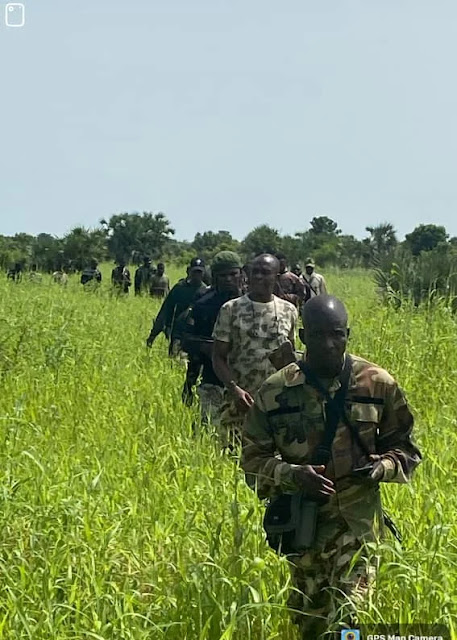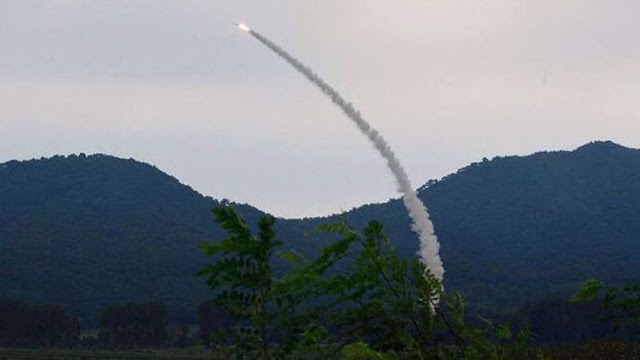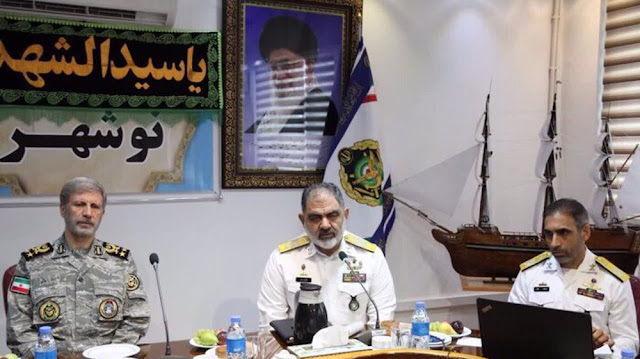Maiduguri, August 24, 2025 – In a series of decisive military operations, troops of the Joint Task Force North East Operation Hadin Kai (OPHK) have neutralized several Boko Haram and Islamic State of West Africa Province (ISWAP) terrorists across Borno and Yobe States. The operations, conducted between August 22 and 23, 2025, are part of the military’s sustained efforts to dismantle terrorist networks, deny insurgents freedom of action, and restore peace to Nigeria’s troubled North East region. A military source, speaking to journalists, provided detailed accounts of the operations, highlighting significant losses inflicted on the terrorists and the recovery of weapons and other materials.
A Strategic Offensive Against Terrorism
The North East of Nigeria has been a hotspot for insurgent activities for over a decade, with Boko Haram and its splinter group, ISWAP, responsible for widespread violence, displacement, and loss of lives. Operation Hadin Kai, launched to counter these threats, has been instrumental in weakening the operational capabilities of these terrorist groups. The recent operations in Borno and Yobe States demonstrate the military’s commitment to maintaining pressure on insurgents, disrupting their logistics, and reclaiming territories under their influence.
According to the military source, the operations were meticulously planned and executed, involving coordinated efforts between ground troops, air forces, and civilian support units. The source emphasized that the objective was to “deny Boko Haram and ISWAP terrorists freedom of action in the North East,” a goal that has been central to the military’s strategy in the region. The success of these operations underscores the effectiveness of joint operations and the determination of the Nigerian Armed Forces to restore security and stability.
Night Attack Repelled in Kumshe, Borno State
On August 22, 2025, troops of the 21 Special Armoured Brigade, stationed at a Forward Operating Base (FOB) in Kumshe, Borno State, successfully repelled a large-scale night attack launched by Boko Haram and ISWAP terrorists. The insurgents, armed with an assortment of weapons, including small arms and explosives, descended on the base in significant numbers, aiming to overrun the military outpost. However, the troops mounted a robust defense, engaging the attackers in intense combat.
The military source revealed that the terrorists suffered heavy casualties due to the combined efforts of ground forces and precision air bombardments by the Nigerian Air Force. The air support proved critical in turning the tide of the battle, as fighter jets targeted terrorist positions with devastating accuracy. Following the encounter, troops conducted a thorough exploitation of the area, uncovering a grim scene of destruction. “More than 20 bodies of neutralized terrorists, including dismembered remains hastily buried in shallow graves, were discovered,” the source stated. The operation also yielded a cache of weapons, though specific details about the types and quantities were not fully disclosed.
The repulsion of the Kumshe attack is a testament to the resilience and preparedness of the Nigerian military. The Forward Operating Base in Kumshe, strategically located in a volatile area of Borno State, has been a frequent target for insurgents seeking to disrupt military operations. The successful defense of the base not only prevented a potential setback but also sent a strong message to the terrorists about the military’s resolve.
Offensive Operations in Dipchari, Bama Local Government Area
On the same day, August 22, 2025, troops from Sector 1 of Operation Hadin Kai conducted offensive operations in Dipchari, a location near Banki Junction in Bama Local Government Area of Borno State. The operation targeted a known terrorist stronghold, where insurgents had been regrouping and planning attacks. The troops engaged the terrorists in a fierce firefight, resulting in the neutralization of scores of insurgents.
The operation in Dipchari was a significant blow to the terrorists’ operational capabilities, as it disrupted their ability to coordinate attacks from the area. The military source reported that the troops recovered several items during the operation, including a Rocket Propelled Grenade (RPG) tube, two AK-47 rifles, two magazines, 16 rounds of 7.62mm special ammunition, and two motorcycles. These recoveries highlight the insurgents’ reliance on small arms and mobility to carry out their attacks, as well as the military’s success in disrupting their supply chains.
The operation in Dipchari underscores the importance of proactive military engagements in preventing terrorist groups from establishing safe havens. Bama, located near the border with Cameroon, has been a strategic area for both Boko Haram and ISWAP, who have exploited its proximity to international borders to smuggle weapons and evade capture. The neutralization of terrorists in Dipchari represents a step forward in securing this critical region.
Long-Range Operation in Ndoksa, Yobe State
On August 23, 2025, troops from Sector 2 of Operation Hadin Kai, in collaboration with the Civilian Joint Task Force (CJTF), conducted a long-range operation in Ndoksa, near Buni Gari in Yobe State. The operation targeted a terrorist enclave believed to be a staging point for attacks in the region. The joint effort between the military and the CJTF, a volunteer group of local residents trained to assist security forces, proved highly effective in neutralizing additional terrorists.
The source reported that the operation resulted in the recovery of one AK-47 rifle and two motorcycles, further depleting the terrorists’ resources. The involvement of the CJTF in the operation highlights the growing role of community-based security initiatives in the fight against insurgency. By leveraging local knowledge and support, the military has been able to extend its reach into remote areas, where insurgents often seek refuge.
The Ndoksa operation is part of a broader strategy to disrupt terrorist activities in Yobe State, which has experienced intermittent attacks despite being less affected than Borno. The collaboration between the military and the CJTF demonstrates the importance of community engagement in counterterrorism efforts, as local residents play a critical role in providing intelligence and supporting security operations.
Impact on Terrorist Operations
The coordinated operations in Kumshe, Dipchari, and Ndoksa have significantly degraded the operational capabilities of Boko Haram and ISWAP in the North East. According to the military source, the operations have “degraded the terrorists’ firepower, disrupted their logistics, and bolstered troops’ dominance in the region.” The neutralization of dozens of terrorists, combined with the recovery of weapons and other materials, has weakened the insurgents’ ability to launch large-scale attacks.
The operations also highlight the Nigerian military’s evolving strategy in the fight against insurgency. By combining ground offensives with air support and community collaboration, Operation Hadin Kai has been able to achieve significant results in a short period. The precision air bombardments by the Nigerian Air Force, in particular, have proven to be a game-changer, enabling troops to target terrorist positions with minimal risk to civilian lives.
Challenges and the Road Ahead
Despite these successes, the fight against Boko Haram and ISWAP remains far from over. The North East continues to face significant security challenges, including the proliferation of small arms, the exploitation of porous borders, and the socioeconomic conditions that fuel insurgency. Poverty, unemployment, and lack of access to education have created fertile ground for terrorist recruitment, particularly among vulnerable youth.
The military source acknowledged that sustaining these gains will require continued vigilance and investment in both security and development. “The operations are part of sustained efforts to deny terrorists freedom of action,” the source reiterated. “But we must also address the root causes of insurgency to achieve lasting peace.”
The Nigerian government has implemented various initiatives to address these underlying issues, including rehabilitation programs for former insurgents, infrastructure development, and efforts to improve access to education and healthcare. However, the scale of the challenge requires sustained commitment and collaboration between the government, security forces, and local communities.
Community Resilience and Support
The involvement of the Civilian Joint Task Force in the Ndoksa operation underscores the critical role of community resilience in the fight against terrorism. The CJTF, composed of local volunteers, has been instrumental in providing intelligence, securing communities, and supporting military operations. Their participation reflects the determination of North East residents to reclaim their communities from the grip of insurgency.
Community leaders and civil society organizations have also called for increased support for displaced persons and communities affected by the conflict. The violence in Borno and Yobe has displaced millions of people, many of whom live in camps with limited access to basic necessities. Addressing the humanitarian crisis will be essential to rebuilding trust and fostering stability in the region.






